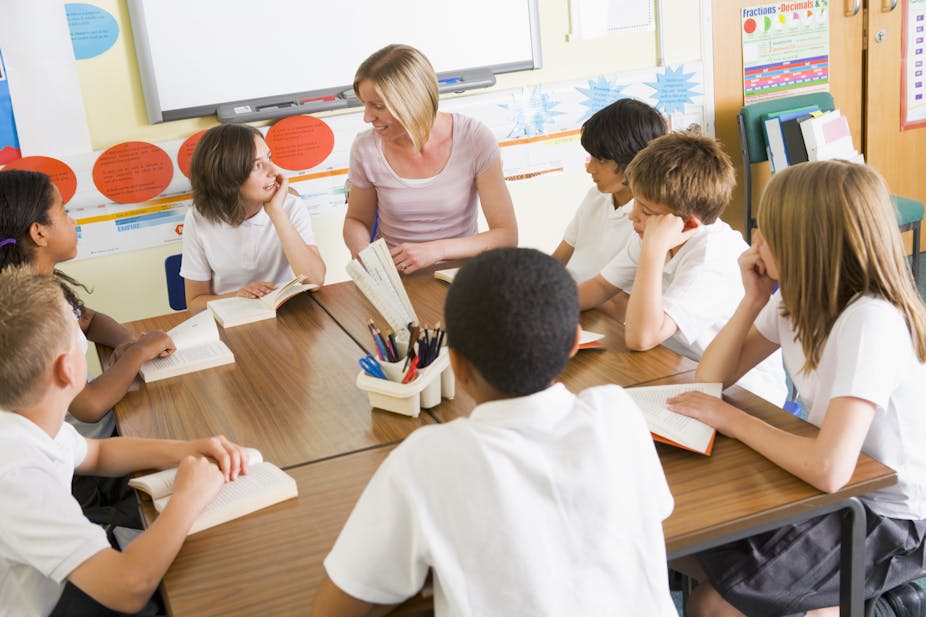Governments in Australia, New Zealand and the UK are failing children with disabilities by not providing necessary learning support and by allowing issues to permeate without intervening.
Schools are deliberately disregarding disability standards through rejecting school places, denying the opportunity of access to activities and offering minimal, if any, support to children with disabilities.
And research shows that this is becoming more of a concern.
Early education expert Kathy Colgan’s report on inclusion for Children and Young People with a Disability Australia, as well as the findings of two recent Senate inquiries released in November 2015 and January 2016, have all commented on the exclusion of children with a disability from education.
According to recent research from Gill Rutherford, a special needs education expert at the University of Otago:
“Essentially we value the normal over the abnormal, thus our resources are aimed at normalising. The normalising approach of special education, therefore, is one that conceals the rights of students in and of themselves as human beings not regardless of difference but because of difference.”
In the UK, research shows that teacher assistants (TAs) are being used as substitute teachers for those kids with the greatest pedagogical needs and this leads to those children having diminished outcomes.
‘There’s no school place for your child’
The New South Wales auditor-general’s report published this month was a further reinforcement of how schools, and more importantly education systems, are failing children with a disability across Australia but specifically in NSW.
Concern was raised that one in four of the 300 respondents said they had been told there was no place for their child at their local school. When children were given a place, the report found that teachers often refused or were reluctant to make adjustments, due to poor attitudes towards disability. The reasoning being that students with disability do not need an adjustment, despite individual student medical reports demonstrating otherwise.
In addition to these issues, there were accounts of bullying by staff, of support teachers not having appropriate training and qualifications, and school principals not being held accountable for ensuring adjustments were made for students.
More training needed
The report recommended that the Department of Education should provide guidance on reasonable adjustments, encourage more teachers to complete both modules of the disability standards training and use school learning and support officers more effectively in the classroom.
Simple measures such as ensuring prospective teachers’ understanding of support for students with disability and reviewing how schools support the behavioural needs of students with disability were also suggested. Such measures seem obvious.
Meeting the diverse needs of learners
This is not a simple funding issue. It is the cultural attitudes towards children with a disability that lead to exclusion. If we fail to recognise all children as learners and having capability, our low expectations will perpetuate attitudes of discrimination and failure.
A public education should be for all, not only those with acceptable criteria. It is a recognised human right.
In a comment made by NSW Education Minister Adrian Picolli about the need to spend more money on supporting disadvantaged students to keep them out of jail, he said:
“Prisons are not filled with kids who went to $30,000 private schools; they’re full of people with speech problems and autism, who had a pretty poor experience at school. This is an equity issue.”
His blanket labelling of children with autism as criminals is unhelpful and highlights the attitudinal ignorance reported in the auditor-general’s report. But it also points to a wider problem within the education system.
Both the Labor and Liberal parties are correct in their respective policies of a need for increased funding and/or accountability both for education in general and specifically for children with a disability.
Increased funding will provide materials and staffing to allow adjustments to allow children to access the curriculum and schools. Funding will support staff training in the means and methods to implement tailored support for all students; but schools and education authorities need to be held accountable for their funding to ensure it does support the students it is aimed for.
• Read more about disability discrimination in schools here.

